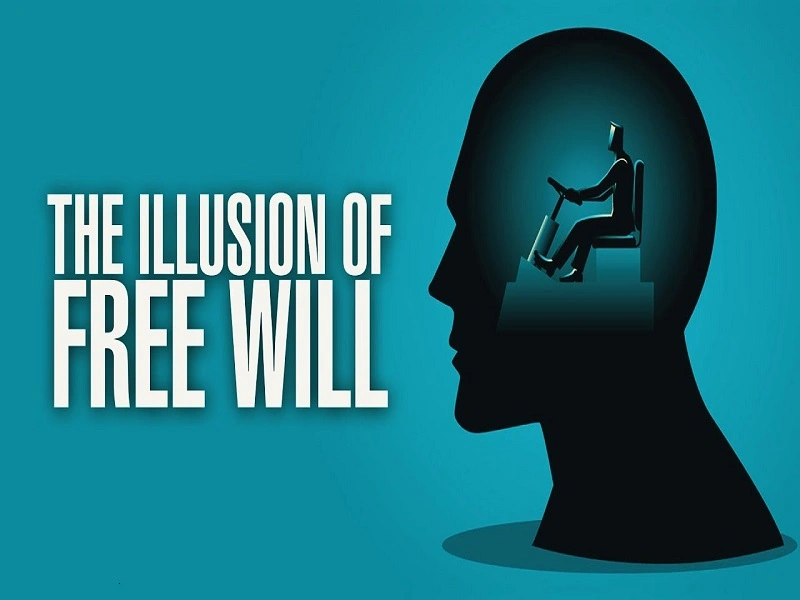Walmart, the retail giant known for its low prices and nationwide dominance, is once again at the center of controversy. For the second time this year, American shoppers are participating in a week-long boycott, calling for economic justice, fair wages, and greater accountability from one of the most powerful corporations in the world.
The latest boycott, organized by the advocacy group People’s Union USA, is running from May 20 to May 26 and aims to send a strong message: corporations can no longer profit at the expense of workers, consumers, and small businesses without consequences.
This movement comes on the heels of March’s viral “economic blackout” that targeted Amazon, and it marks the next phase in a growing wave of consumer-led protests aimed at rebalancing the power dynamics between corporate America and the average citizen.
What’s the Boycott About?
At the heart of the current boycott are deep concerns about Walmart’s role in driving economic inequality. The People’s Union USA, led by grassroots organizer John Schwarz, accuses Walmart of:
- Underpaying employees
- Destroying small businesses
- Exploiting tax loopholes
- Planning price hikes amid inflation and tariffs
In a video posted to Instagram, Schwarz explained the reasons behind the boycott, stating,
“After all the record profits, all the tax loopholes, all the corporate greed, Walmart now once again wants to raise prices… as if they’re not already raking in billions, as if they can’t absorb the cost. As if you and I should carry this burden.”
The protest demands that Walmart rethink its pricing strategy, boost employee wages, and demonstrate a stronger commitment to ethical business practices. This includes treating workers with dignity and offering fair pay in an era where many Americans are struggling to keep up with the rising cost of living.
What Products and Services Are Being Targeted?
This is not a symbolic protest, but a highly focused economic strategy designed to disrupt Walmart’s sales across multiple channels. Protesters are urged to avoid not only Walmart’s physical stores, but also its entire commercial network, including:
Walmart.com
- Sam’s Club (a Walmart subsidiary)
- Walmart-branded services, including Walmart+
Private-label brands, such as:
- Great Value
- Equate
- Parents’ Choice
- Mainstays
The boycott is meant to starve Walmart of sales for a full week, aiming to create a financial dip significant enough to attract investor and media attention. Organizers believe that even a modest percentage drop in sales can cause ripple effects, especially in publicly traded companies that closely watch weekly revenue trends.
The Bigger Movement: March’s Economic Blackout
This isn’t the People’s Union USA’s first attempt to challenge corporate behemoths. In March 2025, the group launched a successful week-long “economic blackout” against Amazon, urging people to avoid purchases from Amazon and all its subsidiaries, including:
- Prime Video
- Ring
- Twitch
- Whole Foods
- Zappos
- IMDb
That blackout gained global attention, with Schwarz reporting that the campaign went international. “People from every continent messaged me, asking how to participate and stand in solidarity,” he told CNN.
Although some retail analysts suggested Amazon saw a slight sales increase that week, likely due to unrelated promotions or consumer timing, activists argue that the point wasn’t immediate profit loss, but rather long-term awareness and behavioral change.
The Role of Social Media in Modern Boycotts
One major reason for the boycott’s reach is the power of social media activism. Schwarz, known for his charismatic on-camera style and direct messaging, has built a growing following on platforms like Instagram, TikTok, and Twitter/X. His short, emotionally charged videos resonate with users tired of corporate overreach.
The hashtags #WalmartBoycott, #EconomicBlackout, and #PeopleOverProfits have helped the movement gain viral traction, with thousands of users reposting boycott information and expressing solidarity.
The campaign’s messaging isn’t just about saying “no” to Walmart. It’s also about empowering consumers to say “yes” to conscious spending, small businesses, ethical brands, and companies that treat workers fairly.
Walmart’s Response Till Now
Walmart has yet to issue a formal statement in response to the latest boycott. In past years, however, the company has pointed to its role as a major U.S. employer and contributor to local communities.
Walmart claims to:
- Employ over 1.6 million workers in the United States
- Offer competitive wages and benefits
- Donate hundreds of millions of dollars annually to charitable causes
However, critics argue that these contributions don’t make up for what they view as structural exploitation. Many Walmart workers have spoken out about low wages, unpredictable scheduling, and limited advancement opportunities.
Furthermore, small business advocates argue that Walmart’s aggressive pricing and expansion have led to the decline of independent retailers and “mom-and-pop” stores across the country, particularly in rural and suburban areas.
What's Next: Target, McDonald’s, and Independence Day
The Walmart boycott is only one part of a larger campaign strategy by The People’s Union USA. The group has announced a full calendar of upcoming protests, including:
- Target Boycott: June 3–9
- McDonald’s Boycott: June 24–30
- Independence Day Blackout: July 4
Each campaign is tailored to the specific practices of the targeted corporation, from wage policies to environmental concerns and tax evasion.
According to Schwarz, the movement isn’t about hating corporations, it’s about forcing change through consumer pressure.
“We vote every day with our dollars. If a company hurts people, hurts the planet, or puts profit before purpose, we can choose to walk away
Why This Matters: The Rise of Ethical Consumerism
This boycott reflects a broader societal shift. More consumers, especially Millennials and Gen Z, are questioning where their money goes and who it supports. Issues like worker rights, environmental sustainability, and corporate transparency are becoming critical buying considerations.
Retail experts suggest that ethical consumerism isn’t a passing trend; it’s a permanent evolution. As the cost of living rises and distrust of corporations grows, people are increasingly choosing value-aligned brands, even if they cost more or require extra effort.
Can a Boycott Really Work?
The effectiveness of economic boycotts has long been debated. Short-term revenue hits may be minimal, but movements like this one aim to generate media coverage, consumer consciousness, and long-term brand accountability.
In the case of Walmart, it remains to be seen whether the May boycott will significantly impact sales. But one thing is clear: millions of Americans are rethinking the power they hold—not just at the ballot box, but at the checkout counter.
As Schwarz puts it,
“It’s not just about skipping Walmart this week. It’s about waking up, paying attention, and realizing that together, we’re stronger than they are.”











